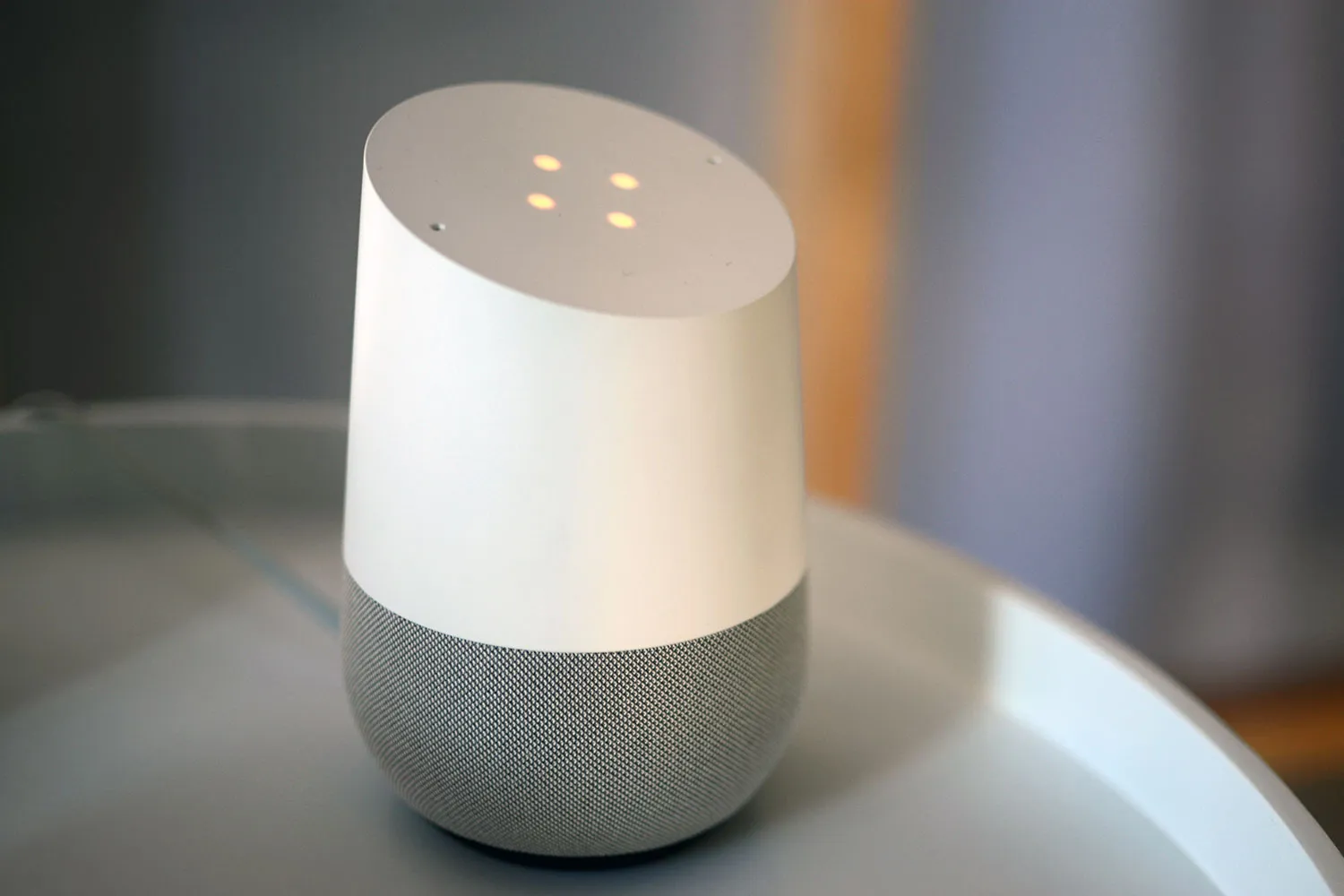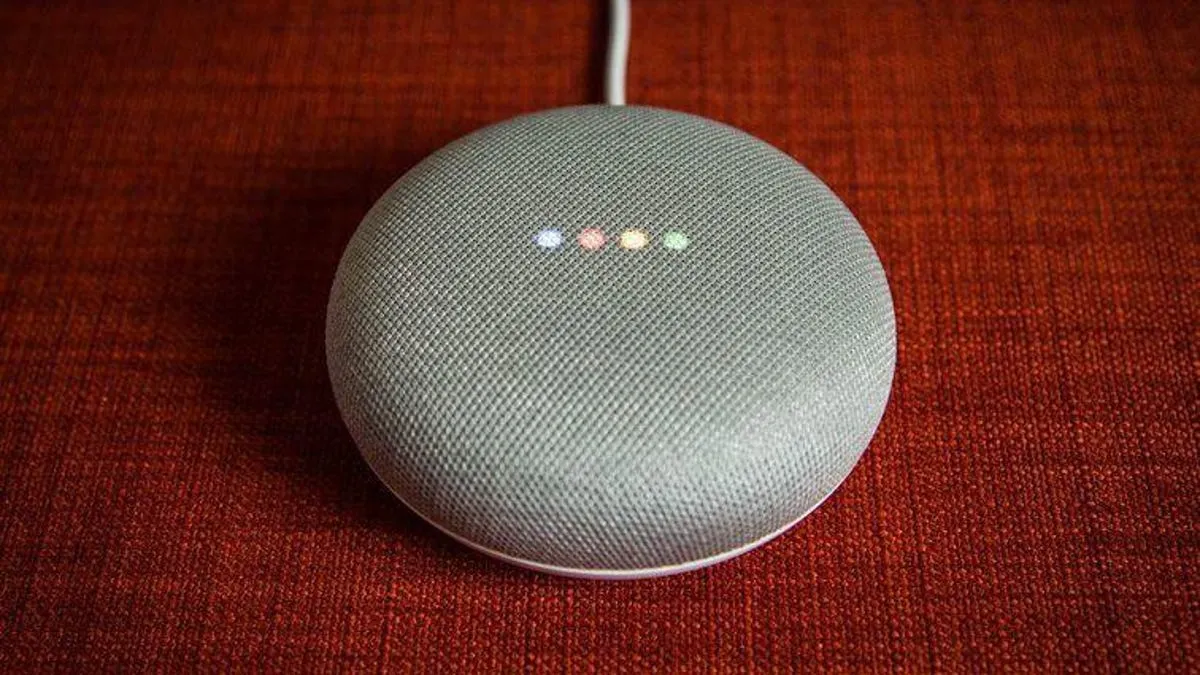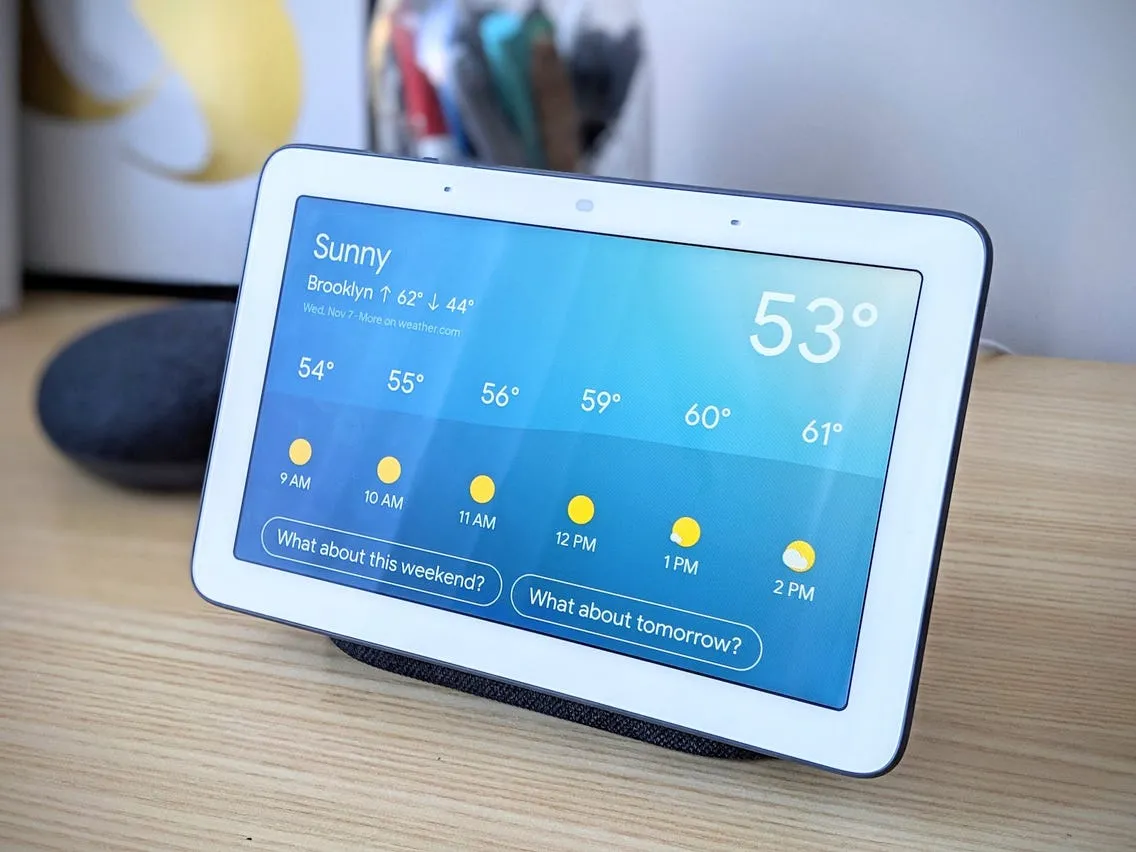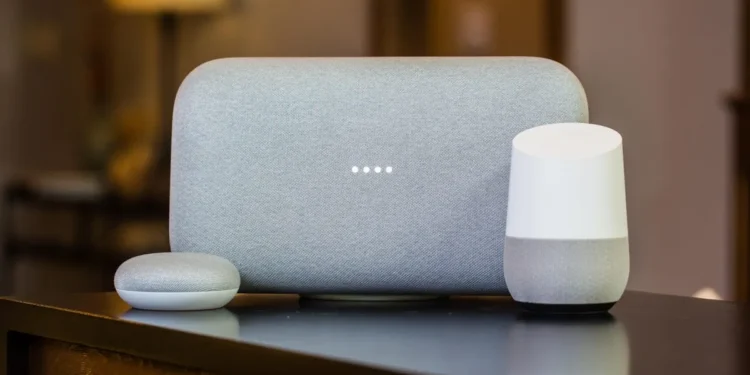The concept of a fully responsive smart home is no longer the stuff of science fiction but a standard expectation among tech-savvy households. Google, a leader in smart home technology with devices like the Nest Hub and Nest Audio, recently faced significant hiccups that left many users questioning the reliability of their connected homes.

A Sudden Silence in Smart Homes
Just a few days into the new year, a widespread issue caused Google’s Nest Hub and Audio devices to stop responding to basic voice commands. Users experienced endless loading animations when asking routine questions such as, “Hey Google, what’s the weather?” This issue, first reported on January 2, 2024, seemed to affect an array of devices inconsistently, with some responding occasionally while others became completely unresponsive.
The problem wasn’t isolated to voice commands alone. As users navigated their daily routines, commands that have become second nature—turning off lights, playing music, or setting timers—were met with silence or sporadic functionality. This disruption not only highlighted the fragility of relying on smart devices but also the unexpected inconvenience when technology we take for granted suddenly fails.
Troubleshooting and Community Response
Faced with unresponsive devices, users like myself undertook a series of troubleshooting steps including power cycling the devices, rebooting routers, and even altering settings like the Assistant’s voice and language preferences—yet, relief was minimal. In my own experience, even a straightforward command to my Google speaker to provide the weather report was met with a frustratingly perpetual loading screen, despite the weather displaying correctly when manually checked on the device’s screen.

The issue quickly gained traction on Google’s Support forums, with reports from users experiencing similar failures on various devices, including the newer Nest Hub Max and older models like the first-gen Google Home and Google Home Mini. Community attempts to reset devices to factory settings provided no definitive resolution, leaving many to speculate on the root cause of the disruption.
Resolution and Reflection
Fortunately, by January 3, 2024, Google confirmed that the issues had been largely resolved, stating through a representative, “The team is still investigating the root cause but have resolved the issue, so all users should be up and running now.” This response, while reassuring, leaves unanswered questions about the stability and dependability of smart home ecosystems.
As the dust settles, this incident serves as a reminder of the growing pains associated with the evolution of smart home technology. While the convenience and control provided by these devices are undeniably transformative, their reliability remains a critical factor. As we integrate more of our daily lives with these intelligent systems, the expectation for uninterrupted service will undoubtedly increase.

Looking Ahead: Ensuring Reliability in Smart Homes
For tech enthusiasts and everyday users alike, this episode underscores the importance of developing more robust and reliable smart home technologies. As we advance, the industry must not only focus on innovating features but also on enhancing the resilience and user trust in these systems.










